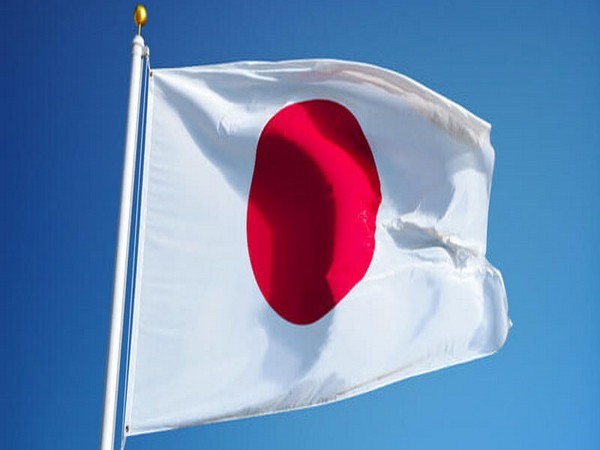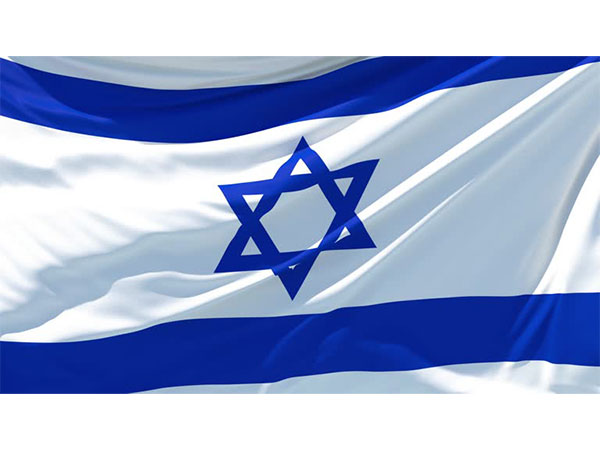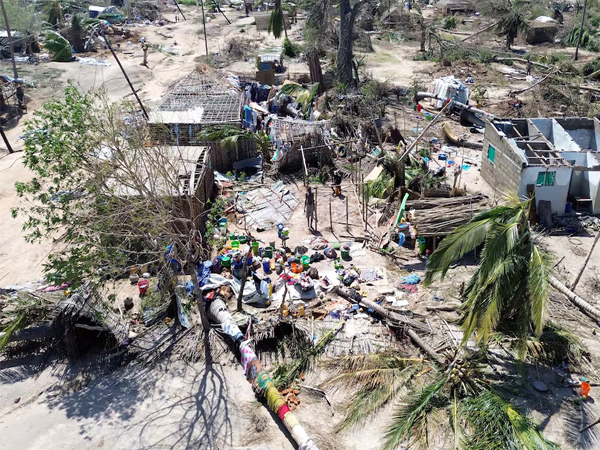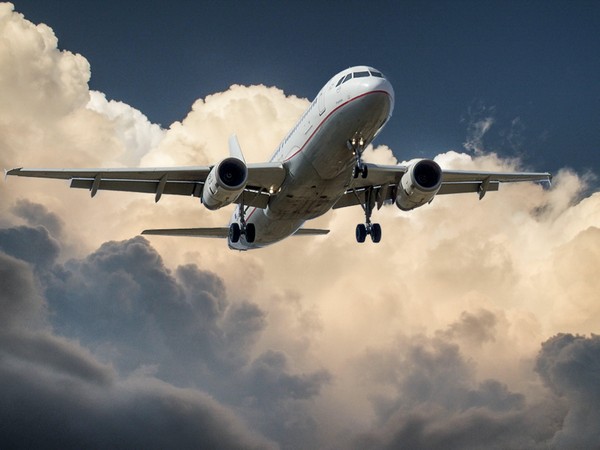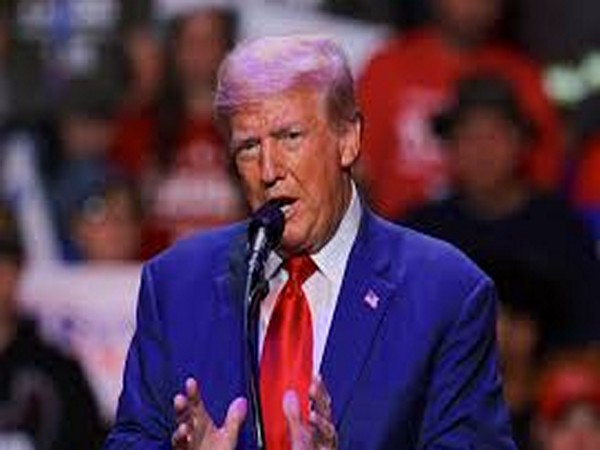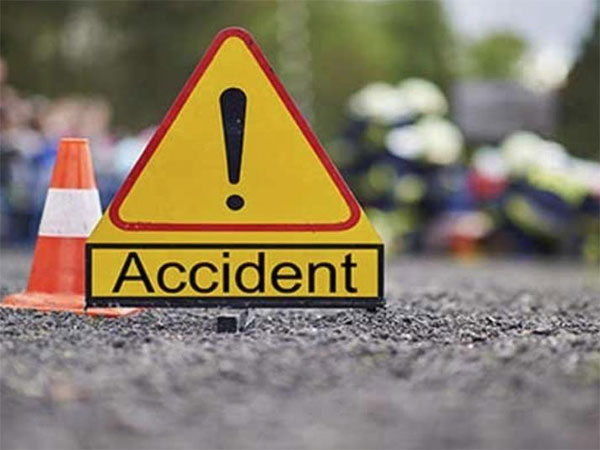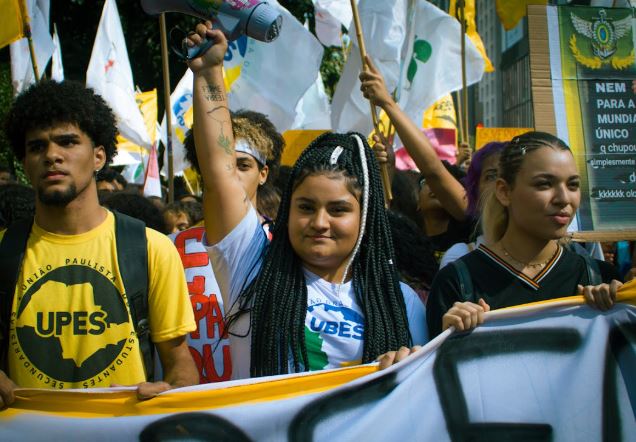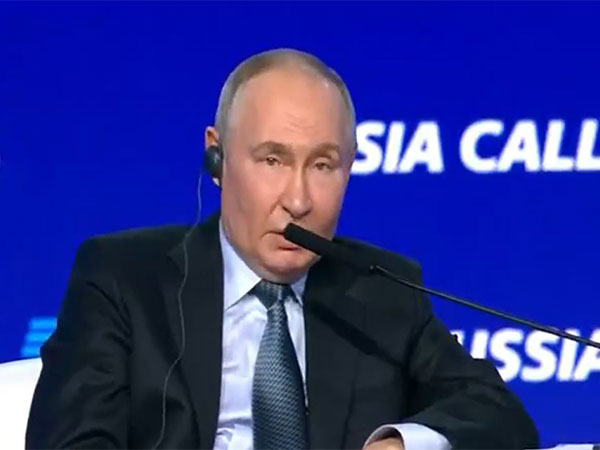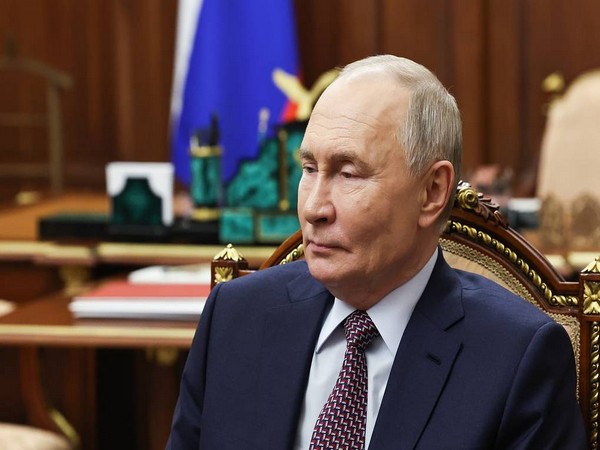Controversy after Japan released radioactive water into the sea
Aug 30, 2023
Tokyo [Japan], August 30: China and North Korea strongly reacted to Japan's discharge of radioactive contaminated water into the sea, while US officials moved to support.
Japan's
"Annoying" calls
Since Japan began discharging radioactive water into the sea on August 24, a series of annoying phone calls allegedly originating from China and calls for a boycott of Japanese products have appeared online. , according to Kyodo News. Tokyo Electric Power Company (Tepco), which operates the Fukushima nuclear power plant, said it received more than 6,000 phone calls from China in the four days to August 27, but did not disclose the content of the calls.
At a press conference in Tokyo, Chief Cabinet Secretary HirokazuMatsuno said the government is aware that many Chinese consumers have avoided buying Japanese products and canceled trips to Japan. Many Chinese travel companies have begun to cancel tours to Japan after the radioactive water discharge, according to the Global Times. Earlier, on August 24, China announced a ban on all seafood imports from Japan.
Japanese Prime Minister Fumio Kishida said on August 28 that Tokyo had expressed concern to Beijing about harassment by Chinese nationals after Japan started discharging radioactive water. On the same day, Japanese Vice Foreign Minister Masataka Okano summoned Chinese Ambassador Wu Jianghao and urged Beijing to encourage people to "react calmly" to ensure the safety of Japanese citizens and facilities in China.
Later, the Chinese Embassy
In addition to China, North Korea on August 24 also criticized Tokyo's act of releasing radioactive water. "Japan should immediately withdraw the discharge of dangerous radioactive wastewater, which seriously threatens the life, safety and future of mankind," the North's foreign ministry said in a statement cited by KCNA.
US Ambassador is coming to Fukushima to eat fish
Meanwhile, the US and Korean governments support the release of radioactive water by Japan
In South Korea, the government says it has found no scientific or technical problems with Japan's release of radioactive water, but the public remains concerned about the risk of seafood and ocean contamination. . KBS reported that about 30,000 people joined a protest in Seoul on August 26 to demand that the South Korean government take steps to avoid what they fear is an impending disaster from Japan's release of contaminated water.
To assuage these concerns, South Korean President Yoon Suk Yeol on August 28 had a seafood lunch during a meeting with Prime Minister Han Duck-soo, according to a statement from Yoon's office. Earlier, Prime Minister Han said on August 24 that the ban on food and seafood imports from Fukushima prefecture would remain in place until public concerns subside.
Source: ThanhNien Newspaper
